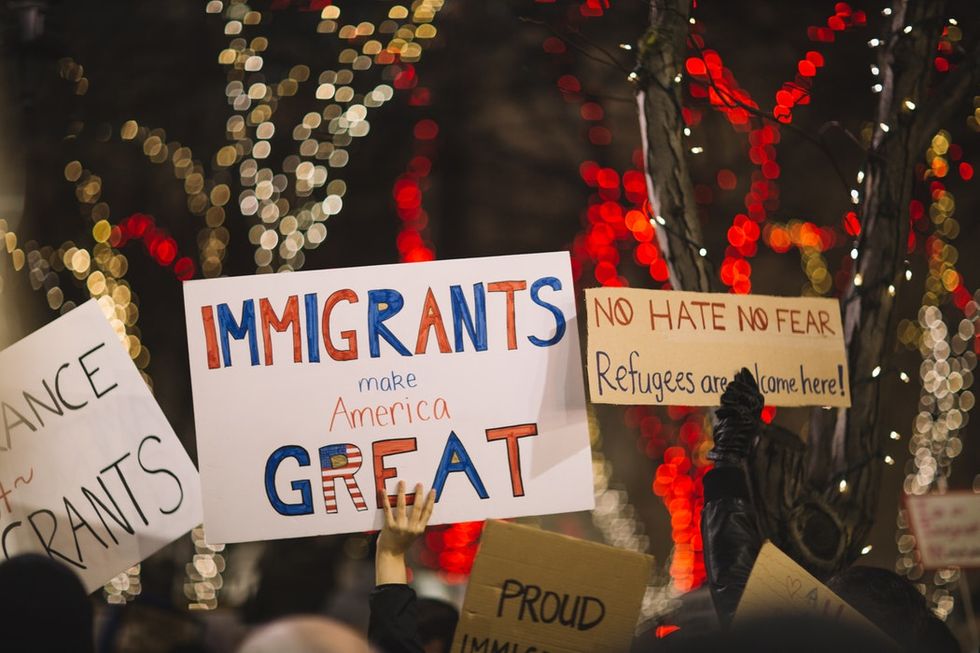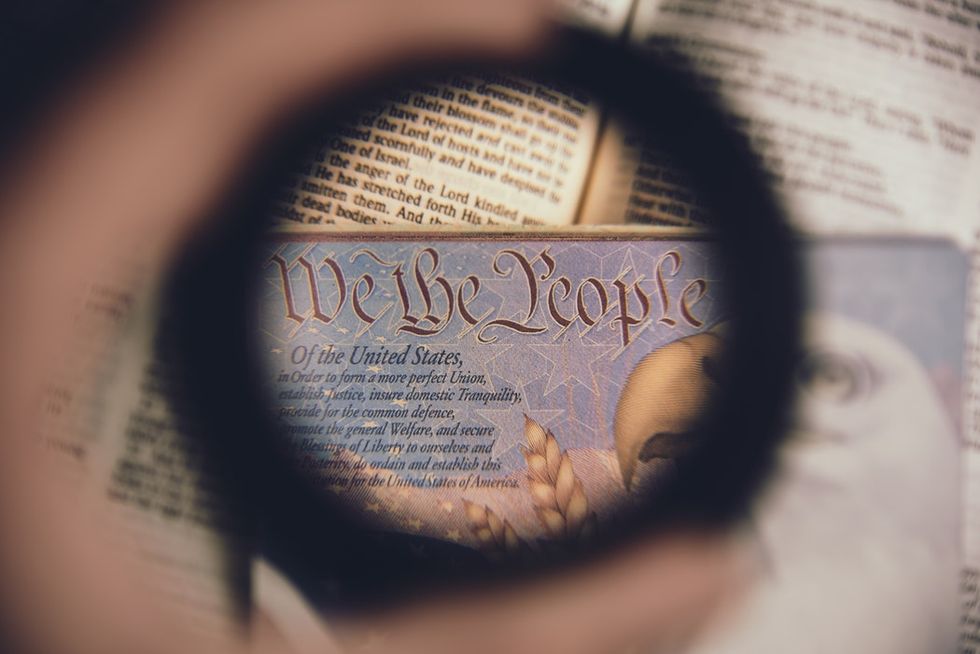Ah yes, the University of Minnesota: home of inventions such as the pacemaker and the Honeycrisp apple, but also home to many political tensions. Regardless of its history of ideological battles, however, most recently this institution is under heat, and maybe even under some lawsuits because some students feel that conservative voices are treated unfairly by the administration. All of this is in light of a Ben Shapiro speech event.
This sentiment has been expressed in the last few weeks in particular, as news arose that left-leaning individuals like Elizabeth Warren and Al Franken have historically been offered the largest halls on the main campus with a seating capacity of over 1,000 audience members. In contrast, conservative commentator Ben Shapiro was offered a venue that seats about 400 people, situated in a venue away from the main campus.
To further my understanding of the situation, I scanned a recent publication by Madison Dibble, president of the group "Students for a Conservative Voice" on campus. In the article, she explains that (though the University of Minnesota denies recent allegations that they downgraded Ben Shapiro to the smaller off-campus venue due to ideological preferences) “the administrators made it clear on December 21, 2017, that they understood that this was an inferior location stating, 'Unfortunately, it, too, is on the St Paul Campus.’ They continued by stating, ‘The best part is the building is all by itself...There aren't any significant transportation routes nearby.’”
Regardless of accusations, the administration pushed back and proclaims, “The assertion that the University of Minnesota has ‘downgraded’ or ‘relegated’ the upcoming event featuring Ben Shapiro based on ideological or any other reasons is patently false…The University is committed to free speech.” This administration instead expressed their reasoning behind placing Shapiro in the St. Paul venue: concern for safety. If this is the case, why was this same concern for safety not expressed when leftist speakers were offered a venue on the main campus?
This is not the first time tensions have risen between conservative voices and the administration on campus, however, as in that same publication, Dibble claims that the planning for a Lauren Southern event (also a conservative speaker) was handled in a similarly unfair way. Regarding the organization of the Lauren Southern event on campus, Dibble states, "During the planning of our Lauren Southern event, our room was relocated from the Mayo Auditorium to Phillips-Wangenstein and then West Bank auditorium without our permission (again, proof of emails can be provided). Because of this, we explicitly stated that we do not want the venue relocated without our permission."
After considering various angles of this situation, I would suggest the administration has good reason for being concerned about campus safety. During the Lauren Southern event, “University of Minnesota Police Chief Matt Clark said there were up to 200 protesters,” and that “chemical irritants were used three times to break up fights in the crowd,” according to a publication by ABC Network’s 5 Eyewitness News. The administration is thus stuck in a tough spot between securing the safety of students and allowing freedom of speech across all campuses.

How do students feel when conservative freedom of speech is treated differently? What can be done about it? To put it one way, Madison Dibble states, "The security risk exists because of [the administrators'] refusal to punish students who disrupt events, who regularly silence and intimidate conservative students on campus…It is easier to send us farther away, to let us be exiled, rather than punishing those who try to violently shut down our programs."
I would speculate that in saying this she proposes that the administration needs to take a stronger stance against those who violently protest conservatives on campus. On the bright side, though she and other more conservative students like myself may feel that the University of Minnesota does not hear out these concerns, off-campus there are some legislators brewing up a potential solution.
With all of this commotion surrounding the Ben Shapiro event, the Minnesota Senate Republican Caucus has proposed a bill that would “mandate that state colleges adopt a policy that guarantees students ‘a fundamental constitutional right to free speech,’” according to a City Pages publication.






















